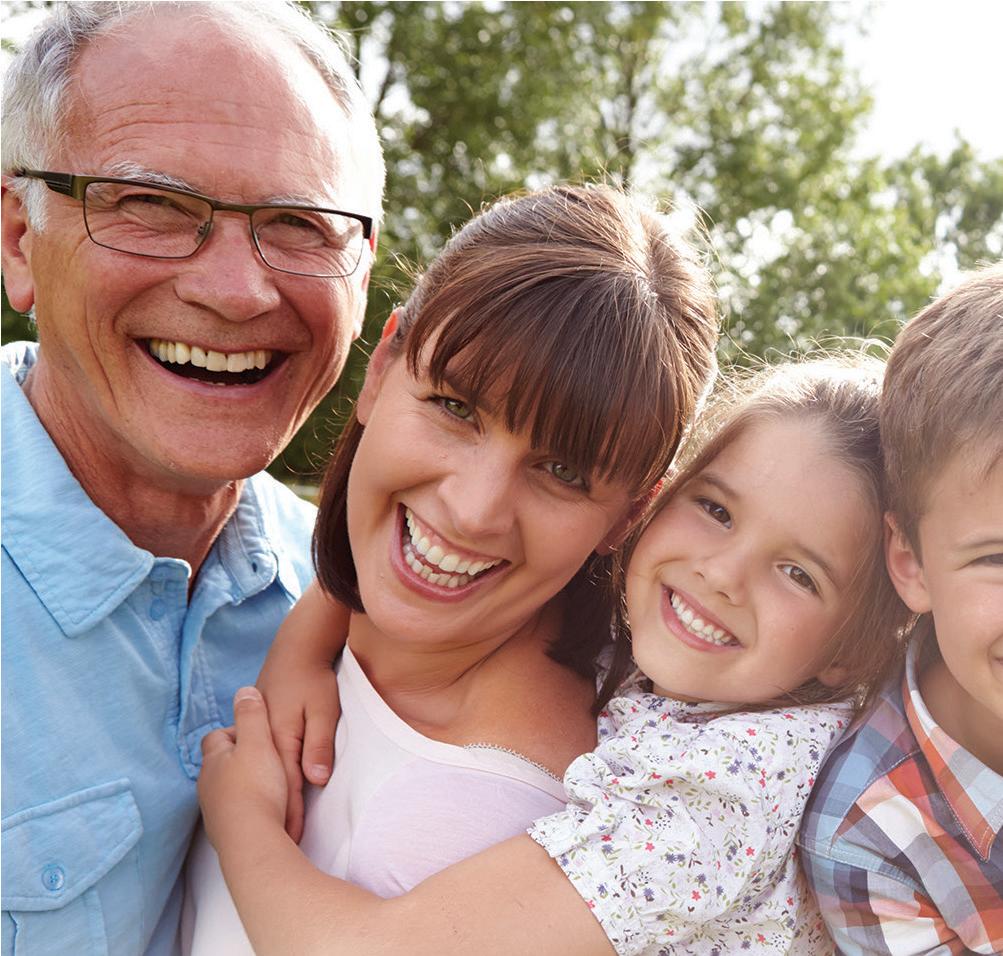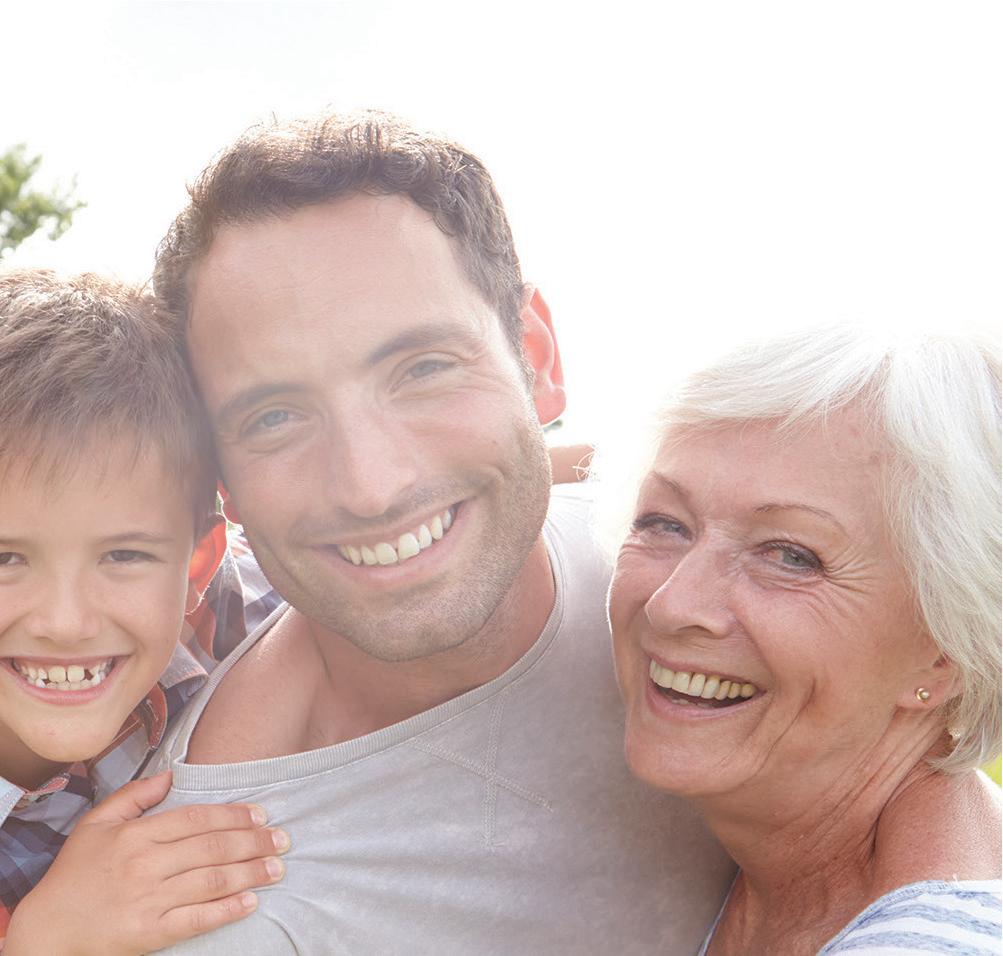
3 minute read
Leibo At Large
Leibo At Large Feel like a victim? Don’t invite me to lunch
BY DAVID LEIBOWITZ
The argument began, as so many do, over words. A friend, male, late 40s, Jewish, was detailing an anti-Semitic insult he’d su ered at the hands of a client. Then he wanted it to be my turn.
“You must be the victim of discrimination like that all the time,” he asserted.
My response?
“I’ve never been the victim of anything in my life. Have I experienced anti-Semitic language and insults? Sure. A lot. But victimized? I don’t think so.”
Our conversation descended into semantics and harshness over what constitutes victimhood. My friend argued that we’re all — all 7.6 billion Earthlings — victims of slights and people we may never admit or never know harmed us. I argued that his de nition of victimization trivializes real injury.
“If everyone’s a victim, then no one’s a victim” was my nal salvo. “I’ve been to murder scenes. I’ve interviewed survivors of concentration camps and rape. I just don’t see a parallel between how they’ve been hurt and some idiot calling you a hebe.”
It’s true that there’s no such thing as a free lunch. Mine probably cost me a friend.
I thought about this exchange for days, about why being called a victim so lodged in my craw.
I guess it’s because in America today, the prevalent narrative — one I reject with great force — is that we are a nation of victims and victimizers, the a icted and the a icting, and I try every day to live my life as neither one.
To consume news in 2021 is like reading an endless scroll of society’s victims.
Violence, racism, income inequality, police brutality, bullying, ageism, sexual harassment, gender inequality, COVID-19, LGBTQ discrimination, kink shaming, sizeism, and countless more stigmas and prejudices.
If I sound intolerant, cold or sarcastic — or like I’m “mansplaining” in a discriminatory hu — that’s not my intention. But lately I nd myself experiencing an “empathy de cit,” the sense that my well of compassion might be running lower than Lake Mead on a blazing June afternoon. A confession: I do everything I can to empathize with victims in proportion to the injury done to them and the theft committed against them. I grieve the murdered dead. I want justice and greater compassion for all who su er sexual assault or hate crimes. I loathe Harvey Weinstein and Je rey Epstein for their criminal acts. I want police o cers to seek out wrongdoers without seeing skin color. I donate to charity. And yes, I “hold these truths to be self-evident, that all men are created equal” and that we, one and all, possess “certain unalienable rights, that among these are life, liberty and the pursuit of happiness.” I was raised to honor the Golden Rule. Or, as Jesus put it in Matthew 7, “So in everything, do to others what you would have them do to you.” That’s an old-fashioned way of thinking, of course. Today, it’s insu cient to treat others as you hope to be treated. Instead, we’re asked to treat everyone exactly as they would like to be treated or risk being branded a victimizer. Alternately, we are expected to empathize with anyone who has not been treated up to their own exacting standards. Don’t believe me? Check the scathing Yelp reviews authored by anyone who has ever been served a not-quite-medium-rare burger. There are victims in the world, and I do feel for them. But there are also people who seem to de ne themselves chie y by the injuries they have su ered, every sickening insult, every deprivation, every last inequality. That is their prerogative, I suppose. But they probably shouldn’t invite the rest of us to lunch anytime soon.














